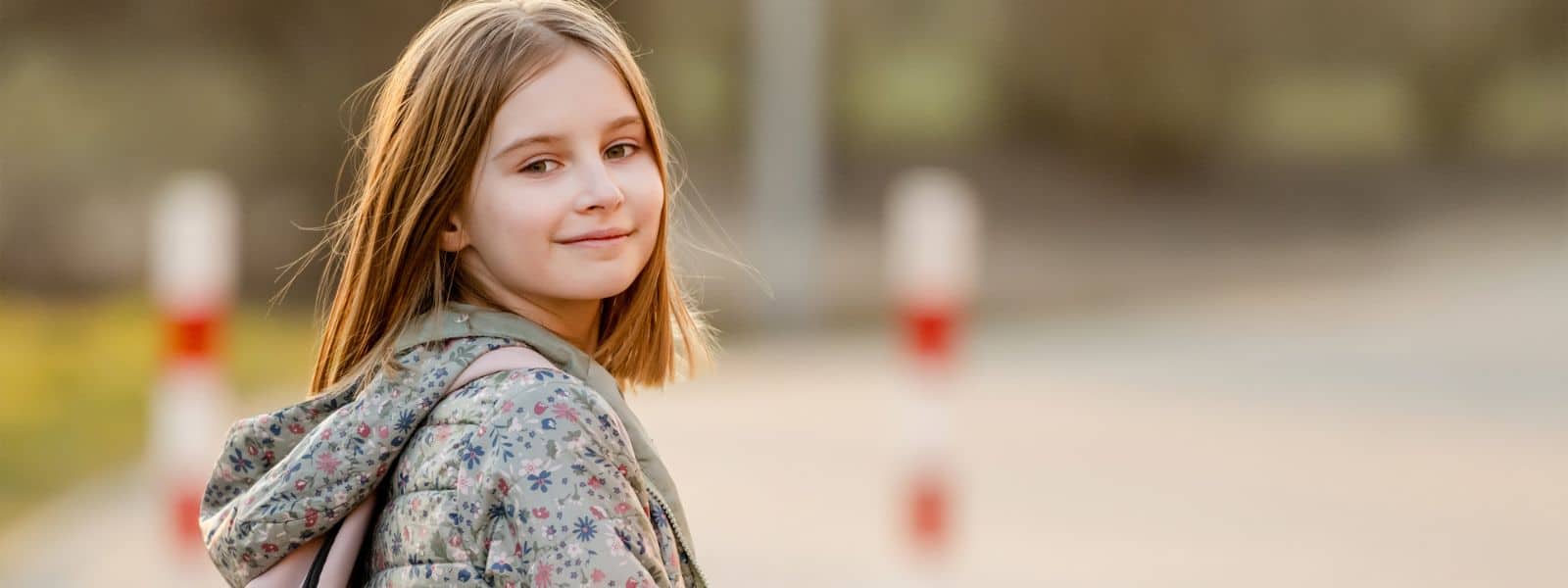The Unique Strengths and Challenges of Twice-Exceptional Students
Twice-exceptional (2e) students are a fascinating and often misunderstood group of learners. These kids are both gifted and have a learning challenge, such as ADHD, dyslexia, autism spectrum disorder, or another cognitive difference. Because of this unique mix of abilities and struggles, twice-exceptional students often fly under the radar—either because their strengths mask their struggles, or their challenges overshadow their potential.
So how can parents and educators help 2e students thrive? Let’s explore their strengths, their challenges, and how training cognitive skills can unlock their full potential.
The Strengths of Twice-Exceptional Students
Twice-exceptional kids are often bursting with potential. Their strengths might include:
- Advanced Problem-Solving Skills: Many 2e students think outside the box and have a knack for creative problem-solving.
- Deep Curiosity and Passion: When interested in a subject, they may develop an intense focus and an encyclopedic knowledge of it.
- Strong Verbal Abilities: Some 2e students have an advanced vocabulary and the ability to articulate complex ideas.
- High Levels of Creativity: Whether it’s art, music, writing, or engineering, 2e kids often have unique and innovative ideas.
- Keen Sense of Justice or Fairness: Many have strong moral convictions and a desire to make the world a better place.
The Challenges Twice-Exceptional Students Face
Despite their strengths, 2e students often struggle in ways that can make school and life frustrating. Some common challenges include:
- Inconsistent Performance: They may excel in one subject but struggle significantly in another, leaving teachers and parents puzzled.
- Executive Functioning Difficulties: Organization, time management, and task initiation can be particularly challenging.
- Sensory Sensitivities: Many 2e students have heightened sensory awareness, making noisy classrooms or bright lights overwhelming.
- Social and Emotional Struggles: They may have trouble relating to peers or regulating their emotions.
- Frustration and Perfectionism: Because they have high expectations for themselves, they may struggle with anxiety or resistance to failure.
Why Cognitive Skills Training Matters for 2e Students
The key to helping twice-exceptional students reach their full potential is strengthening the cognitive skills that support learning. Even gifted students can have weak cognitive skills that hold them back. When those skills improve, academic performance, confidence, and independence often follow.
Cognitive training helps develop skills like:
- Processing Speed: Many 2e students think deeply but process information slowly, making timed tasks a struggle.
- Working Memory: Strengthening working memory can help with following multi-step directions, mental math, and reading comprehension.
- Attention and Focus: Training attention skills can help students sustain focus, switch between tasks more easily, and complete work efficiently.
- Executive Functioning: Strengthening the skills that underlie organization and time management can help 2e students meet their potential without unnecessary frustration.
For many of the 2e students we have worked with, weaknesses in one of these core areas have functioned like a ball and chain on their ankle, holding them back, causing frustration, and keeping them from soaring to their full potential. By addressing the root cause (rather than simply accommodating the struggle), you open up the door to greater success academically and in life.
Read More: Accommodations vs. Root Cause Interventions >>
Helping 2e Students Thrive
Twice-exceptional students have remarkable potential, but they need the right support to thrive. If your child is 2e and struggling, a cognitive skills assessment can help uncover the root causes of their challenges—and provide a roadmap for success.
Want to learn more? Contact us at LearningRx to see how brain training can help your 2e child reach their full potential!
*Please note, LearningRx does not evaluate or diagnose learning disabilities or disorders. Rather, we work with individuals to target and strengthen core cognitive skills that are essential for thinking and learning. Results mentioned are from past clients, and you or your child may or may not achieve the same outcomes.







